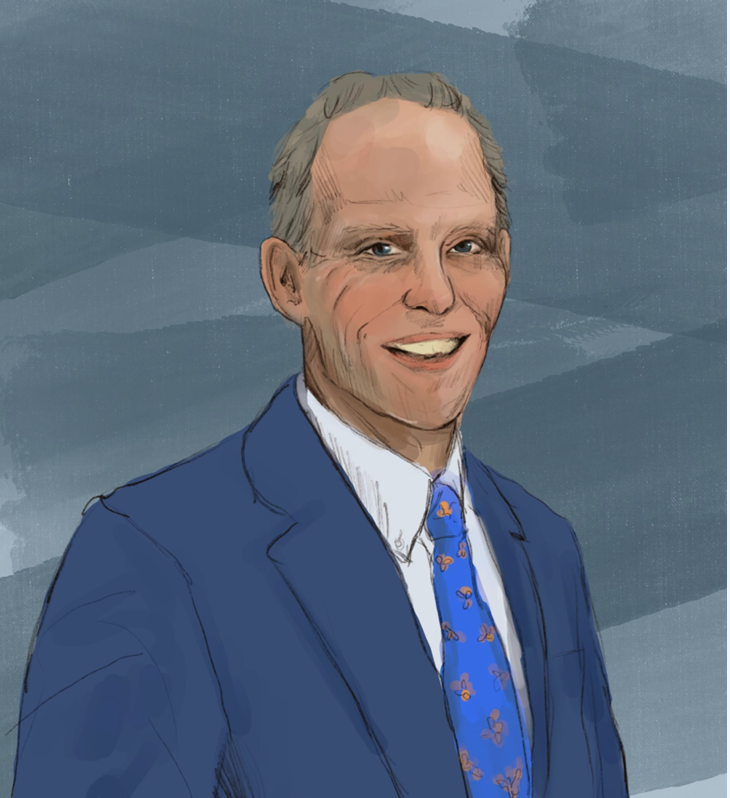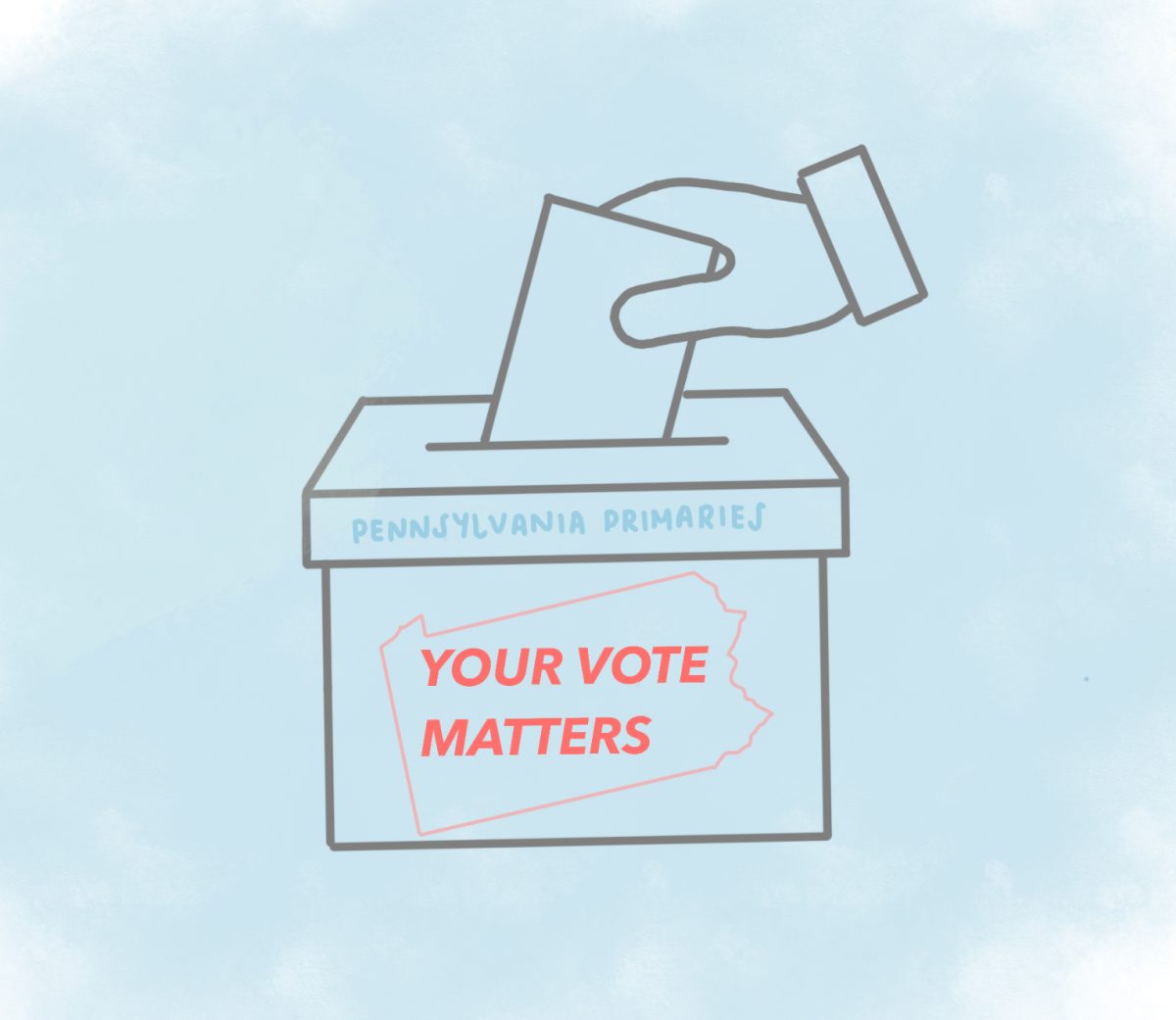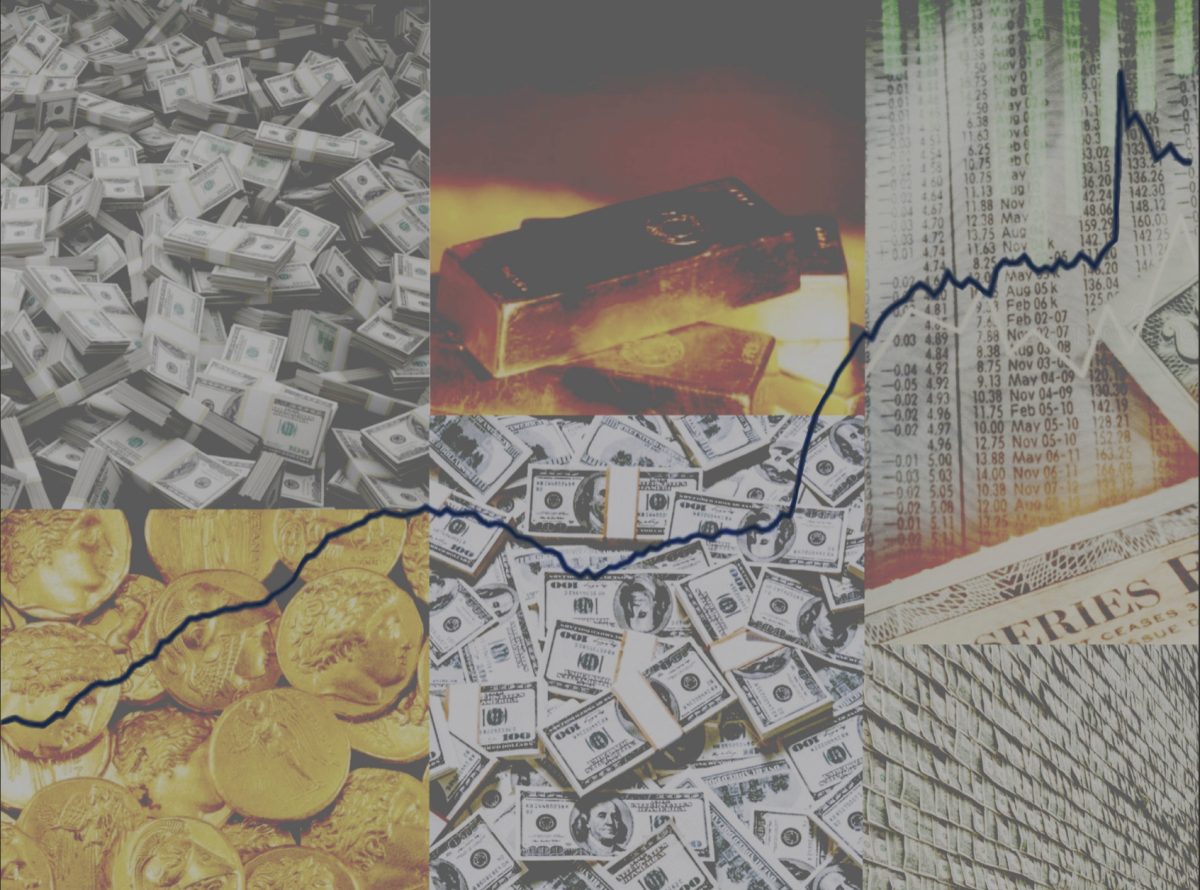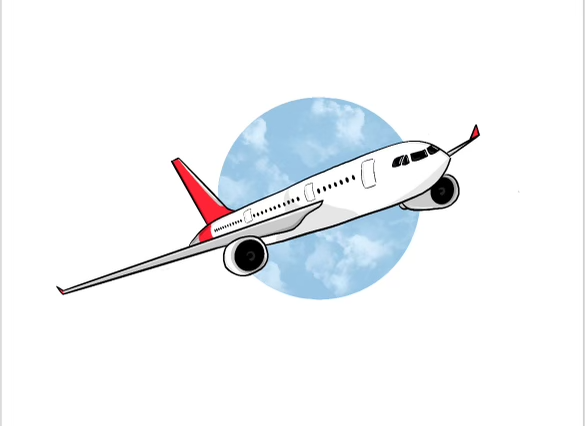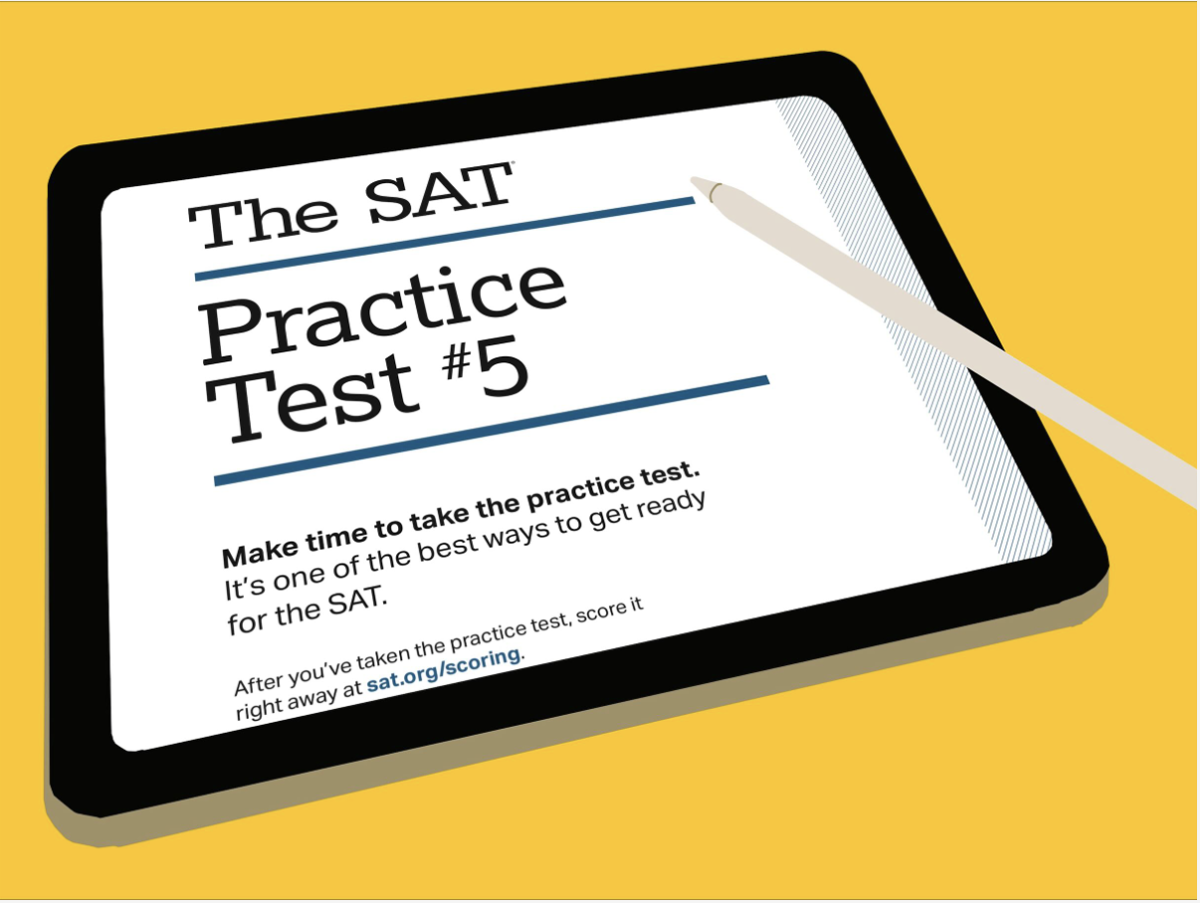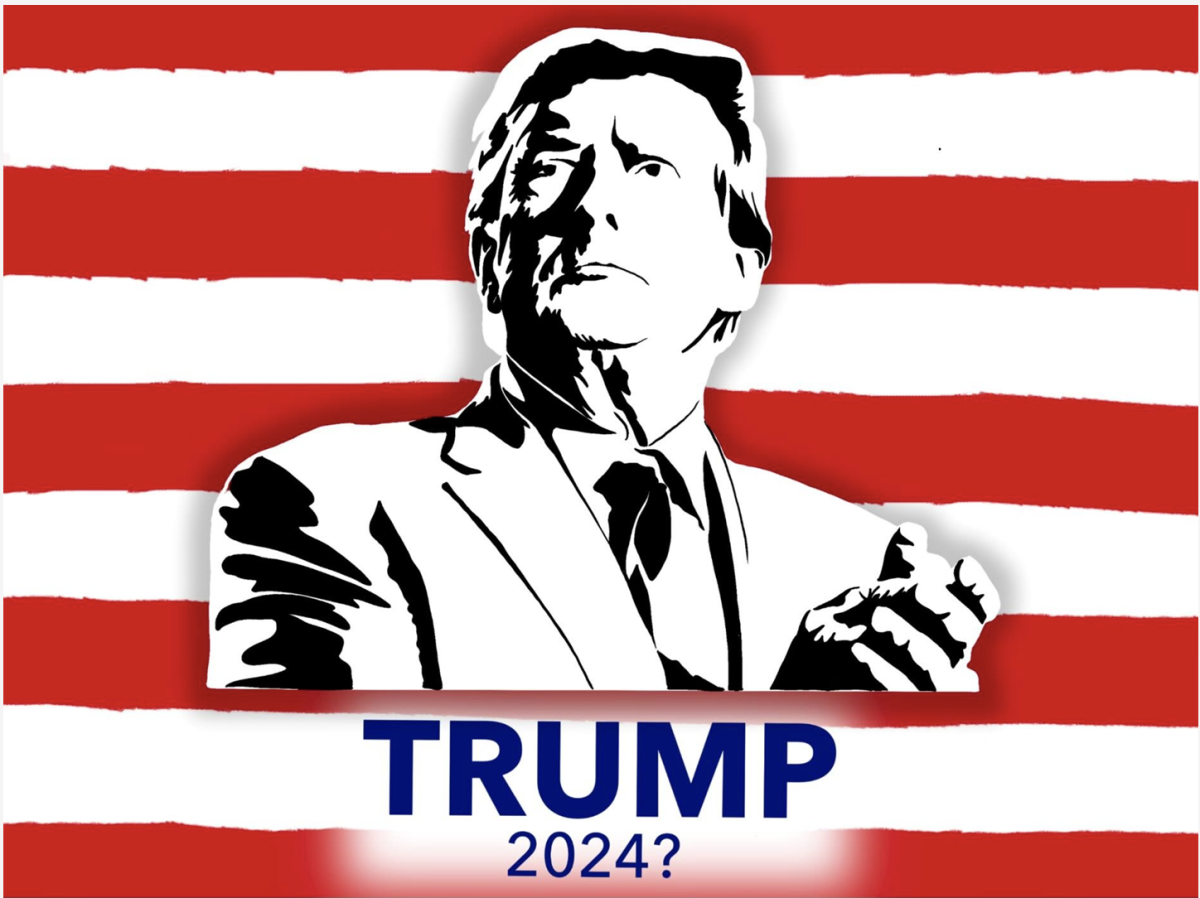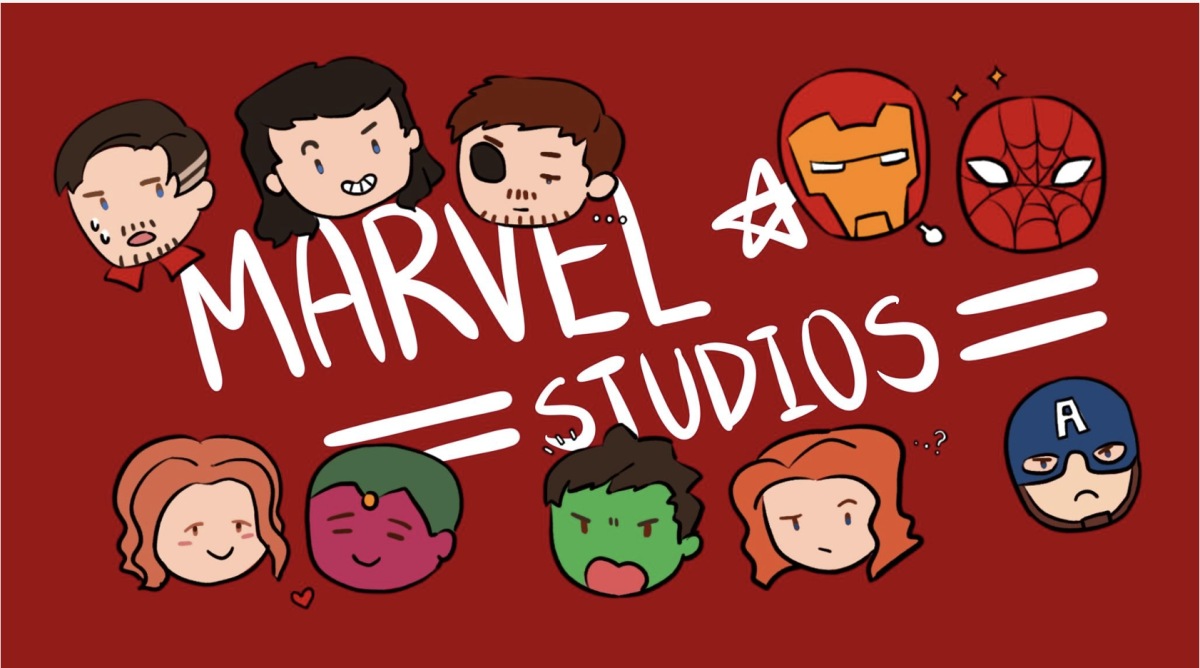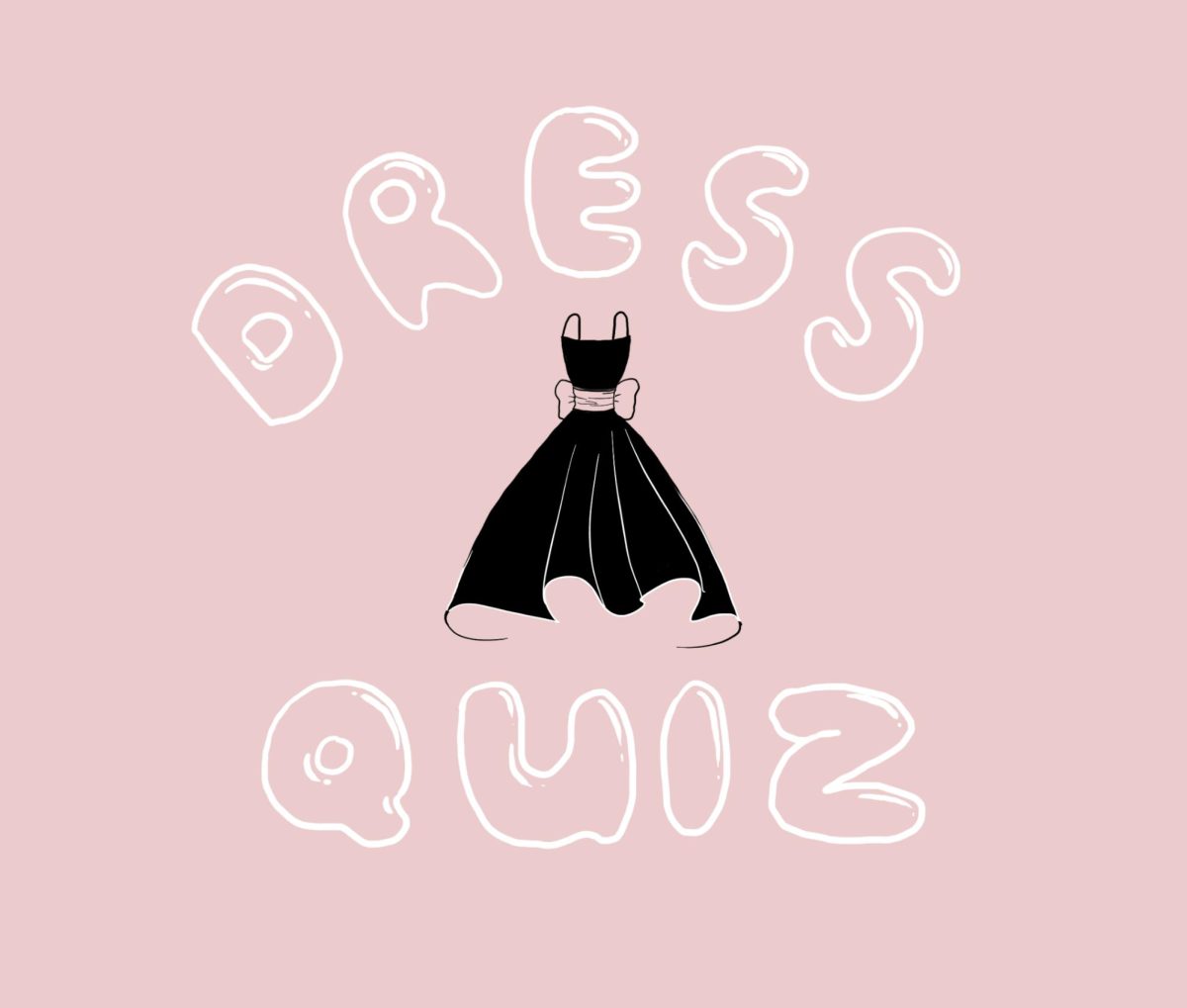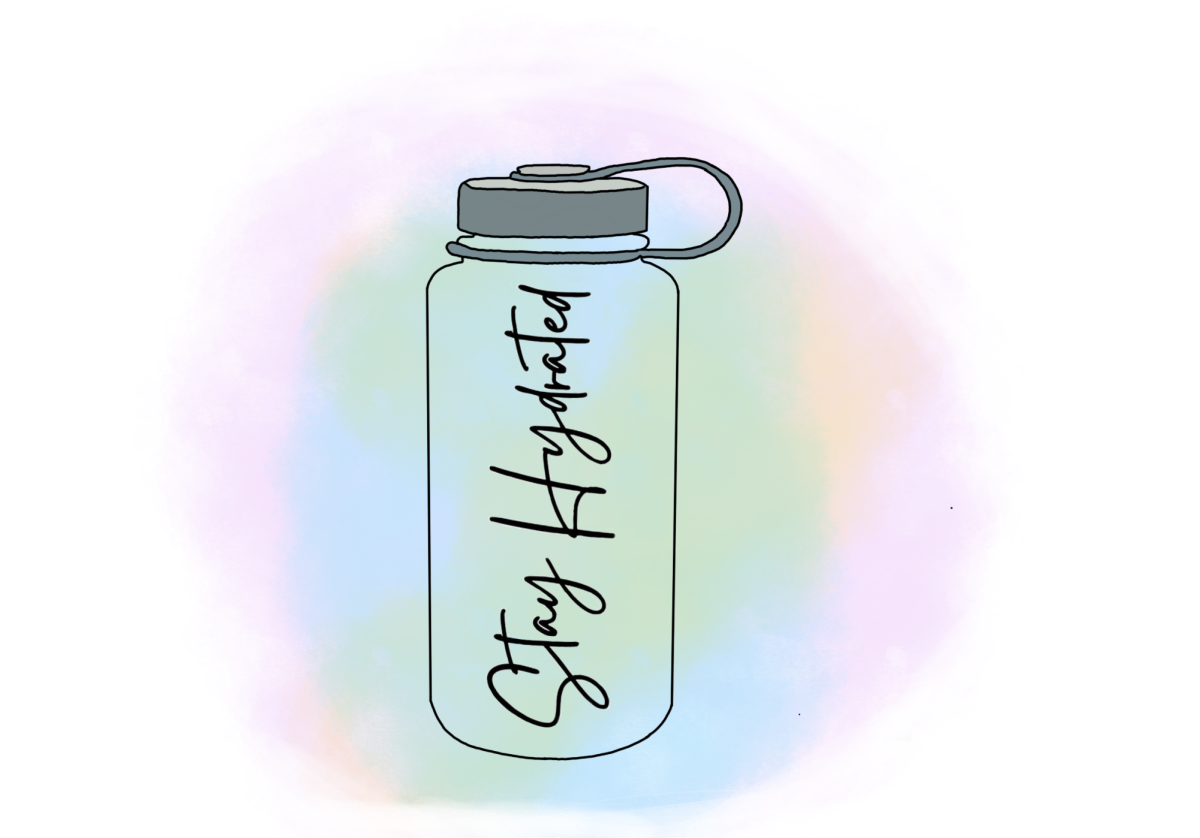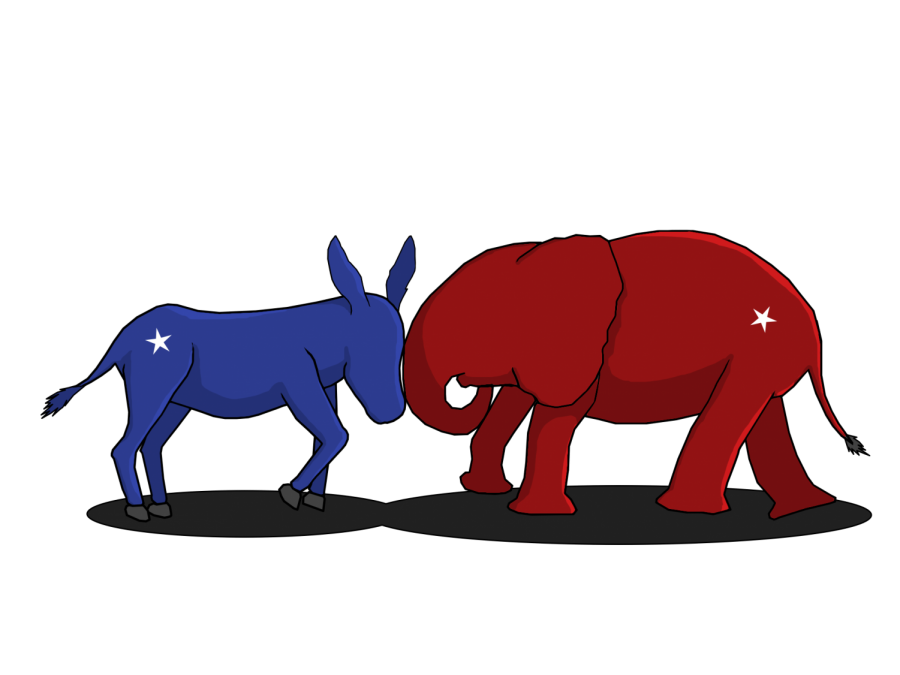Discussing minimum wage
The top 0.1% of Americans own almost as much wealth as the bottom 90%. Let that number sink in for a second. Just 0.1% have nearly as much wealth as the entire bottom 90% COMBINED. As of 2018, an estimated 40 million Americans are living in poverty. In a land of such freedom and opportunity, how could we let this happen? But much more importantly, how are we going to fix this?
“Increase the minimum wage!” You might shout. Two-thirds of Americans who favor a $15 minimum wage would be right there with you. It sounds perfect. The fat cat businessmen get their bulging pockets drained while the hardworking American gets their well-deserved higher salaries. We would lift countless out of poverty, spur on employee morale, boost worker retention, raise productivity, and, as an added benefit, the extra income would go back into the economy, making everybody richer. Right? However, despite this seemingly straightforward answer, there are a couple of critical issues with a minimum wage hike. There’s a reason why 72% of economists surveyed by the University of New Hampshire Survey Center oppose a $15 minimum wage.
Labour is just like any economic factor: as the cost rises, the quantity demanded falls. As the price for labor in the United States increases, it is likely that firms will cut back on employment, replace workers with capital, and outsource to foreign countries with a cheaper cost of labor. Economists from Miami and Trinity University found that a $15 minimum wage could wipe out up to 2 million jobs by 2020. (It is worth noting that both of the studies cited above have ties to the Employment Policies Institute, which is funded by Richard Berman, a lobbyist for the hospitality industry.) This number includes both youth and adult employment levels. It also disproportionately hurts youth that the minimum wage was initially implemented for. It limits the number of entry-level positions they have to gain experience and an initial foothold in the job market. A minimum wage increase would also hurt people of color and immigrant communities, who are often willing to work for less pay than your average White American. The new competitive labor market would not only put more people of color out of a job but could also lead to higher levels of crime and poverty as they struggle to make ends meet.
While other European countries, such as Denmark, have done away with a national minimum wage, they rely on industry-specific national unions to keep good working conditions. Aside from the obvious issue that the United States is much larger than Denmark, and the varying costs of living from region to region make minimum wage unequitable; there has also been a precedent of powerful unions in America lobbying local, state, and federal governments to give them more powers that ended up hurting the average American. Police unions, qualified immunity, and civil asset forfeiture are a perfect example of this. With this in mind, it is necessary to offer alternative solutions to Americans’ problems today. One solution would be expanding the benefits of Earned Income Tax Credits and refunding low to moderate-income individuals larger portions of their taxes, reducing the tax collected, or even giving monetary benefits. We should also implement more comprehensive welfare brackets and help reduce housing costs to raise the standard of living for all Americans.
Although increasing the minimum wage sounds like an easy and straightforward solution to the persistent wealth inequalities plaguing America, it is unfortunately not that simple. This policy would only end up hurting the people it is meant to help. To bridge the chasm, we need to find alternative ways to lift Americans out of poverty. Only then can we truly make America the land of opportunity it was always meant to be.


